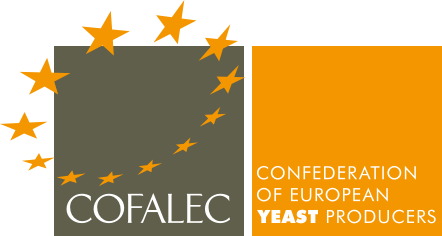
Cofalec position on RED III – November 2022
The EU Yeast sector: a solution provider for a sustainable food chain at risk of raw material storage due to potential RED III provisions […]

The EU Yeast sector: a solution provider for a sustainable food chain at risk of raw material storage due to potential RED III provisions […]
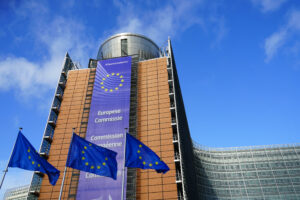
In February 2022, COFALEC signed the EU Code of Conduct on Responsible Food Business and Marketing Practices, one of the first deliverables of the Farm to Fork Strategy. Through this signature, COFALEC commits to promote proactively this EU code among its members as well as to achieve two actions on […]

According to COFALEC technical experts, ARY (Acrylamid Reduction Yeast) should not be considered as an enzyme but as a yeast. […]
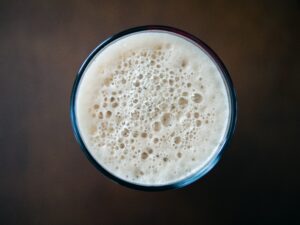
COFALEC members are open and transparent to their customers, about the nature of their products. They can confirm that the yeast strains they supply into the food and feed chain in EU are not GMO according to Regulations (CE) 1829/2003 and 1830/2003, referring to the requirements for mandatory labelling and […]

The European yeast sector contribution to the “Farm to Fork” strategy. […]
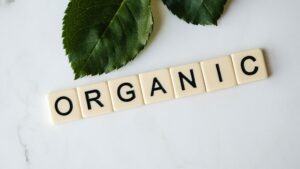
The Commission regulation The regulation (EU) 2018/848 of the European parliament and of the council of 30 May 2018 details the rules for producing organic yeast […]

COFALEC is pleased to present the results of the study conducted by PwC (PricewaterhouseCooper). «With the determination of the Carbon Footprint of yeast, COFALEC adds a new contribution to its long-term commitment to environmental issues that impact the future of our planet» says Gérard Blin, President of COFALEC. The Carbon […]

COFALEC members are open and transparent to their customers about the nature of their products. COFALEC members are currently not using any engineered nanomaterials. […]
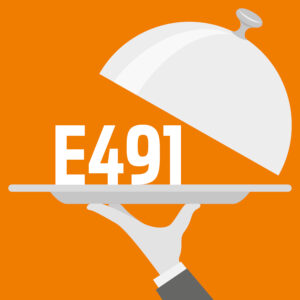
In order to harmonize the labelling of instant dry yeast for all kind of applications, COFALEC members have decided to label sorbitan monostearate (E491) on the wine yeast packagings when it is present, starting on October 1st 2009. […]

Yeast is not a source of trans-fatty acids. […]
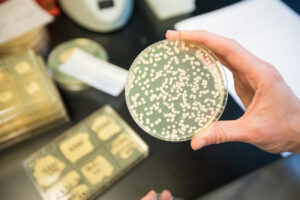
Yeast, live or deactivated, is not considered as a “substance” under REACH regulation 1907/2006. […]
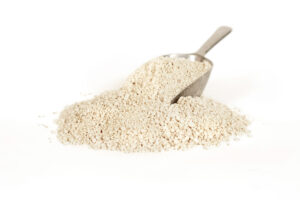
COFALEC position on non-use of antibiotics in the Yeast production. […]

The following note refers to the directive 2000/13 on labelling and explains why yeast is not labelled. […]
